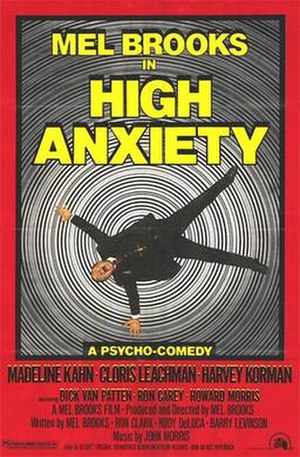Friedman holds that the chronically anxious society will focus on the symptoms of its anxiety and mistake them for the causes of that anxiety—be they violence, crime, drugs, "red-vs.-blue", unemployment, etc.—rather than focusing on "the emotional processes that promote those symptoms and keep them chronic....
[T]he more systemic chronic anxiety becomes in any [relationship system], the more likely that relationship system is to stay oriented toward its symptoms, or the more likely to engage in 'foreign entanglements'—wars and international crises for nations; intense struggles at neighborhood swimming pools, religious institutions or school boards for families—as a way to avoid facing the emotional processes that are driving that [relationship system] to become symptomatic" (Friedman, 60).
The only exit from chronic societal anxiety is through the path of acute and more painful examination of the causes of the anxiety. This requires a self-differentiated leader who has the vision to lead into and through the deep pain of systemic healing. Without this, the system will invariably choose the chronic but endurable pain of the symptomatic over the acute pain of healing—think "arthritis" vs. "hip replacement", or "toothache" vs. "root canal".

The church in the West is, I believe, undergoing this societal regression. We find ourselves reacting to the world around us, getting involved in battles with the culture, feeling the symptoms of being an organization that more and more is viewed as arcane, meaningless, pointless—even dangerous. Where Christianity was once the warp and weft of Western culture, we now find ourselves relegated to the rag-bin of society... at least in the culture as it is conveyed by the entertainment and news industries. As we feel our influence and even meaning slipping into the "laugh-track" category, we are more and more drawn to focus on the symptoms of our anxiety, ignoring the primary causes of the fear.
Many leaders are content to rail against the symptoms, be they abortion, divorce, pornography, the "big one" i.e., same-gendered sexuality, or any number of societal ills. But seldom do these leaders address the deeper cause: the Church's failure to engender discipleship in her members.
Self-differentiated Church leaders must address this root cause of our chronic anxiety as the people of God in order to begin to relieve that anxiety so that the disciples of Jesus can fulfill their call to bring the transformative work of Jesus to the broken world around us.



